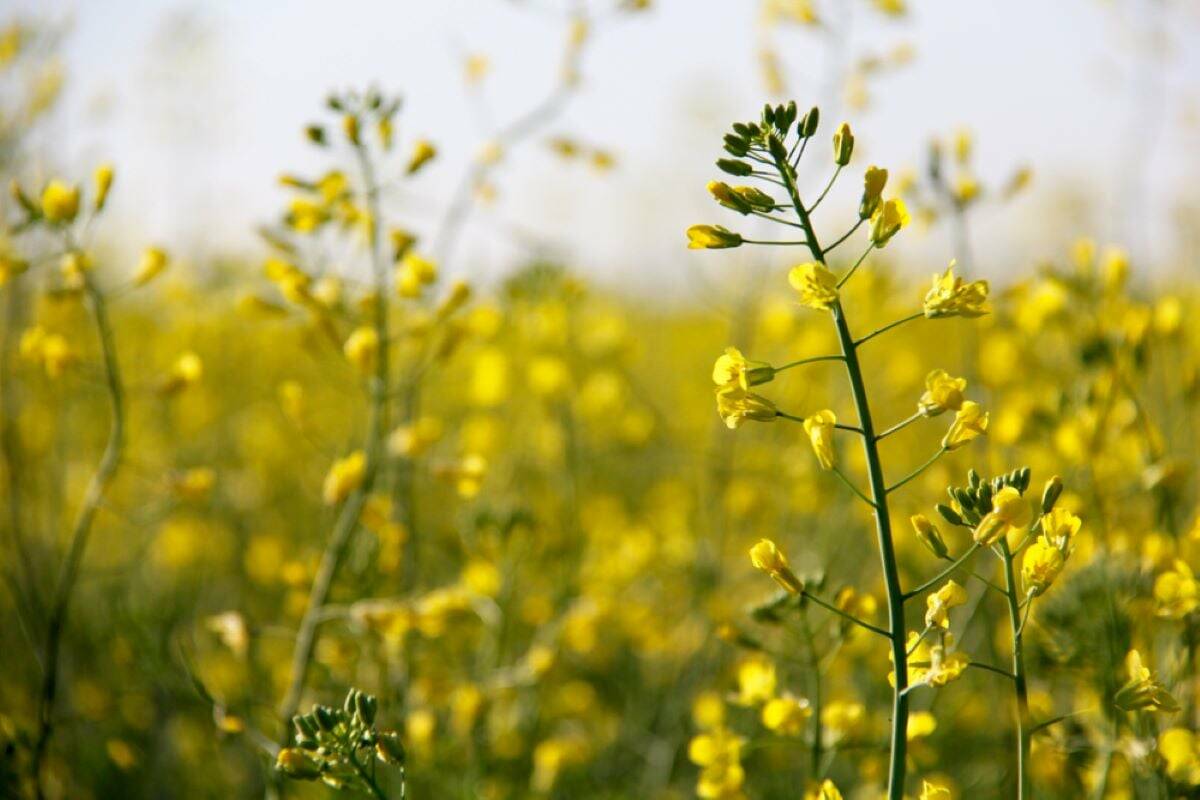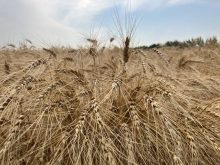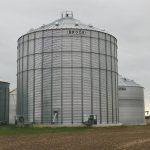Canada and Peru on Saturday concluded talks on a new free trade agreement that will help maintain Canadian ag exports to that country, the Canadian Wheat Board said Monday.
CWB CEO Greg Arason on Monday congratulated International Trade Minister David Emerson for sealing the deal. Emerson also announced the signing of a trade deal with a group of four western European nations.
Without a Peru FTA, “our exports into this important market could have fallen under a competitive disadvantage to grain from the U.S., which recently ratified its own trade deal with Peru,” Arason said.
Read Also

ICE weekly: China, soy complex lift canola prices
China’s upcoming lifting of tariffs and rising soyoil prices lifted Canadian canola values for the week ended Feb. 4, 2026.
The CWB, along with Pulse Canada and other commodity groups, in recent years have urged Ottawa to devote more effort to bilateral free trade agreements (FTAs) with other countries and trade blocs, along with multilateral deals such as through the World Trade Organization.
The groups had warned that other ag exporters, such as the U.S., have been busily signing bilateral FTAs with countries where Canadian commodities have long had a strong export presence. It’s feared U.S. FTAs in those markets could force Canadian exports to eat unfavourable tariffs.
Arason, in a CWB release Monday, noted that Canada exported about 416,000 tonnes of wheat and 13,000 tonnes of barley to Peru in 2007, worth over $100 million and representing more than 80 per cent of Canada’s ag exports to that country.
“When the deal is finalized, this grain will have duty-free access to Peru’s market and a growing economy with increasing demand for high-quality wheat products and beer,” the CWB wrote.
Canada’s international trade ministry said in a release Saturday that the new FTA will benefit Canadian companies in the ag, mining, manufacturing and other sectors to hold their competitive position relative to other suppliers, such as those from the U.S., who will benefit from preferential access under their own trade agreement with Peru.
“Peru has emerged as one of the most dynamic economies in the Americas, supported by an aggressive commerce agenda and clear stance in favour of trade liberalization,” Emerson said in his own news release.
Pending a legal review of the FTA, Peru and Canada plan for the agreement to enter into force in January 2009.
EFTA
Emerson on Saturday also announced the signing of a new FTA between Canada and the European Free Trade Association, a four-member bloc of Iceland, Switzerland, Liechtenstein and Norway. Canada and the EFTA concluded FTA negotiations in June 2007.
“This FTA will open up opportunities by bringing down trade barriers and by providing Canadian business a foothold in the heart of Europe,” Emerson said in his news release.
The EFTA FTA is Canada’s first with European countries and “will provide a strategic platform that Canadian companies can use to tap into value chains all across Europe,” the international trade department said in a release.
“Exporters will benefit through the reduction or elimination of tariffs, while importers will enjoy more affordable access to goods from the EFTA countries.”
EFTA represents Canada’s eighth largest merchandise export destination, Emerson’s department noted. “In 2006, two-way merchandise trade was valued at $10.7 billion, while two-way investment reached more than $22 billion.”
Both deals still have hurdles to clear. Emerson’s office said the FTAs with both the EFTA and Peru will be subject to a new process that requires international treaties signed by Canada to be tabled in the House of Commons.
Canada already has FTAs with the United States and Mexico (through NAFTA) as well as with Chile, Israel and Costa Rica.














